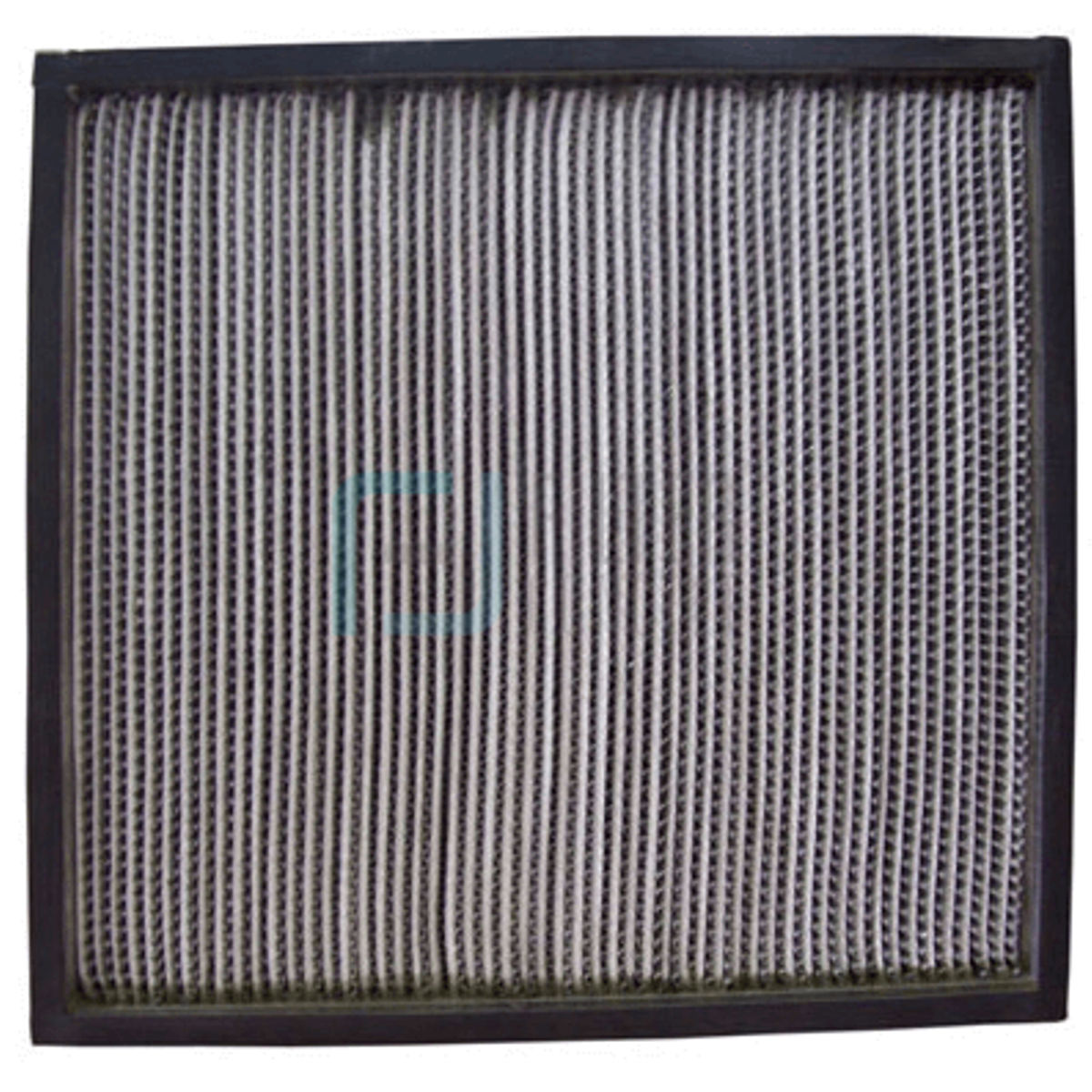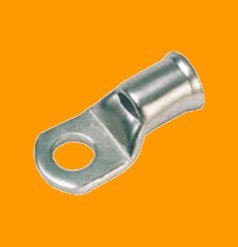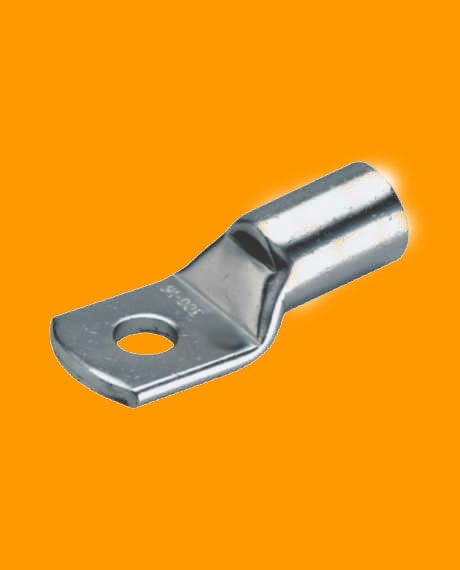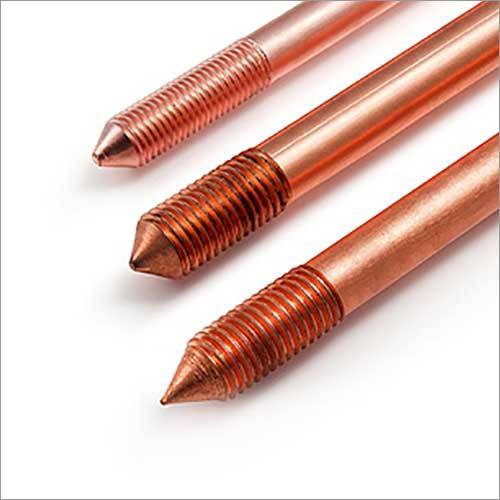Clean air is more than a comfort—it’s essential for our health. In today’s world, where pollution, allergens, and airborne particles are an everyday concern, ensuring the air we breathe is pure has never been more critical. This is where HEPA filters come into play. Widely used in homes, workplaces, hospitals, and industrial settings, HEPA filters have become synonymous with effective air purification. In this blog, we’ll explore what HEPA filters are, how they work, their benefits, types, applications, and tips for maintaining them.
What is a HEPA Filter?
HEPA stands for High-Efficiency Particulate Air. A HEPA filter is a type of mechanical air filter designed to trap extremely small particles, including dust, pollen, mold spores, pet dander, smoke, and even bacteria. To qualify as a true HEPA filter, it must remove at least 99.97% of airborne particles measuring 0.3 microns in diameter.
This level of efficiency makes HEPA filters highly reliable in environments where air quality is paramount, such as hospitals, laboratories, cleanrooms, and residential spaces.
How Does a HEPA Filter Work?
HEPA filters work using a combination of mechanical filtration methods:
- Interception – Particles following the airflow collide with and stick to the filter fibers.
- Impaction – Larger particles, unable to follow the curving contours of airflow, crash into the fibers and get trapped.
- Diffusion – Extremely small particles, such as smoke or microscopic allergens, move erratically due to collisions with air molecules, increasing the chances of being captured by the filter fibers.
The dense web of fibers in HEPA filters ensures that most airborne particles are trapped efficiently, creating a cleaner and healthier indoor environment.
Benefits of Using HEPA Filters
HEPA filters offer numerous benefits, making them indispensable for both residential and commercial settings. Some of the most notable benefits include:
- Improved Air Quality: HEPA filters remove dust, pollen, and other allergens, significantly improving indoor air quality.
- Health Benefits: People suffering from asthma, allergies, or respiratory issues benefit immensely, as HEPA filters reduce airborne irritants.
- Odor Reduction: While primarily designed for particles, HEPA filters combined with activated carbon layers can help minimize odors from smoke, cooking, or pets.
- Clean Work Environments: In industrial settings or laboratories, HEPA filters help maintain contamination-free environments crucial for production or research.
Types of HEPA Filters
Not all HEPA filters are the same. They vary in design, efficiency, and applications. Here are the common types:
- True HEPA Filters: Capture 99.97% of particles ≥0.3 microns. Used in medical facilities, cleanrooms, and high-end residential purifiers.
- HEPA-Type or HEPA-Like Filters: Do not meet the stringent 99.97% efficiency but provide good filtration for general household use.
- ULPA Filters (Ultra-Low Penetration Air): Even more efficient than HEPA, capable of capturing 99.999% of particles ≥0.12 microns. Common in pharmaceutical and microelectronics industries.
Applications of HEPA Filters
HEPA filters are versatile and can be used across various environments:
1. Residential Spaces
In homes, HEPA filters are used in air purifiers, vacuum cleaners, and HVAC systems. They reduce dust, pollen, pet dander, and other allergens, providing relief to allergy and asthma sufferers.
2. Healthcare Facilities
Hospitals and clinics rely on HEPA filters to maintain sterile environments, preventing the spread of airborne pathogens. They are particularly important in operating rooms and isolation wards.
3. Industrial and Laboratory Settings
Cleanrooms, laboratories, and electronics manufacturing facilities use HEPA filters to prevent contamination of sensitive products. Even small particles can damage microchips or interfere with research, making HEPA filtration essential.
4. Transportation
Airplanes, trains, and modern vehicles use HEPA filtration to provide passengers with cleaner air. This reduces the risk of airborne diseases and improves overall comfort.
Maintaining HEPA Filters
To ensure maximum efficiency, HEPA filters require regular maintenance:
- Replacement: Most HEPA filters need to be replaced every 6–12 months, depending on usage and environmental conditions.
- Cleaning: Some HEPA filters are washable, but true HEPA filters usually require replacement rather than cleaning, as washing can damage the fibers.
- Monitoring: Many modern air purifiers feature indicators to alert users when it’s time to replace the filter.
Proper maintenance ensures that the filter continues to trap particles effectively, protecting your health and the longevity of your air purification system.
Choosing the Right HEPA Filter
When selecting a HEPA filter, consider:
- Filter Efficiency: True HEPA filters are recommended for maximum protection.
- Airflow Compatibility: Ensure the filter matches the airflow capacity of your air purifier or HVAC system.
- Application Needs: High-risk environments like hospitals require medical-grade HEPA filters, while homes may use HEPA-type filters for general air cleaning.
- Additional Features: Some HEPA filters come with activated carbon or antimicrobial coatings for extra protection.
HEPA Filters and COVID-19
The importance of HEPA filters has increased during the COVID-19 pandemic. Studies have shown that HEPA filters can capture airborne viruses, reducing the risk of transmission in enclosed spaces. Many businesses and schools now use HEPA filtration in combination with masks and ventilation to create safer indoor environments.
Conclusion
HEPA filters are a cornerstone of modern air purification, providing unparalleled protection against airborne particles. From homes to hospitals, laboratories to industrial facilities, these filters ensure cleaner, healthier air. Their high efficiency, versatility, and reliability make them an indispensable part of any environment where air quality matters.
Investing in a quality HEPA filter is not just about comfort—it’s a proactive step toward better health, enhanced productivity, and a safer environment. By understanding their function, benefits, and maintenance requirements, you can make the most of HEPA filtration and enjoy the peace of mind that comes with breathing clean, pure air.






Comments (0)
Login to post a comment.